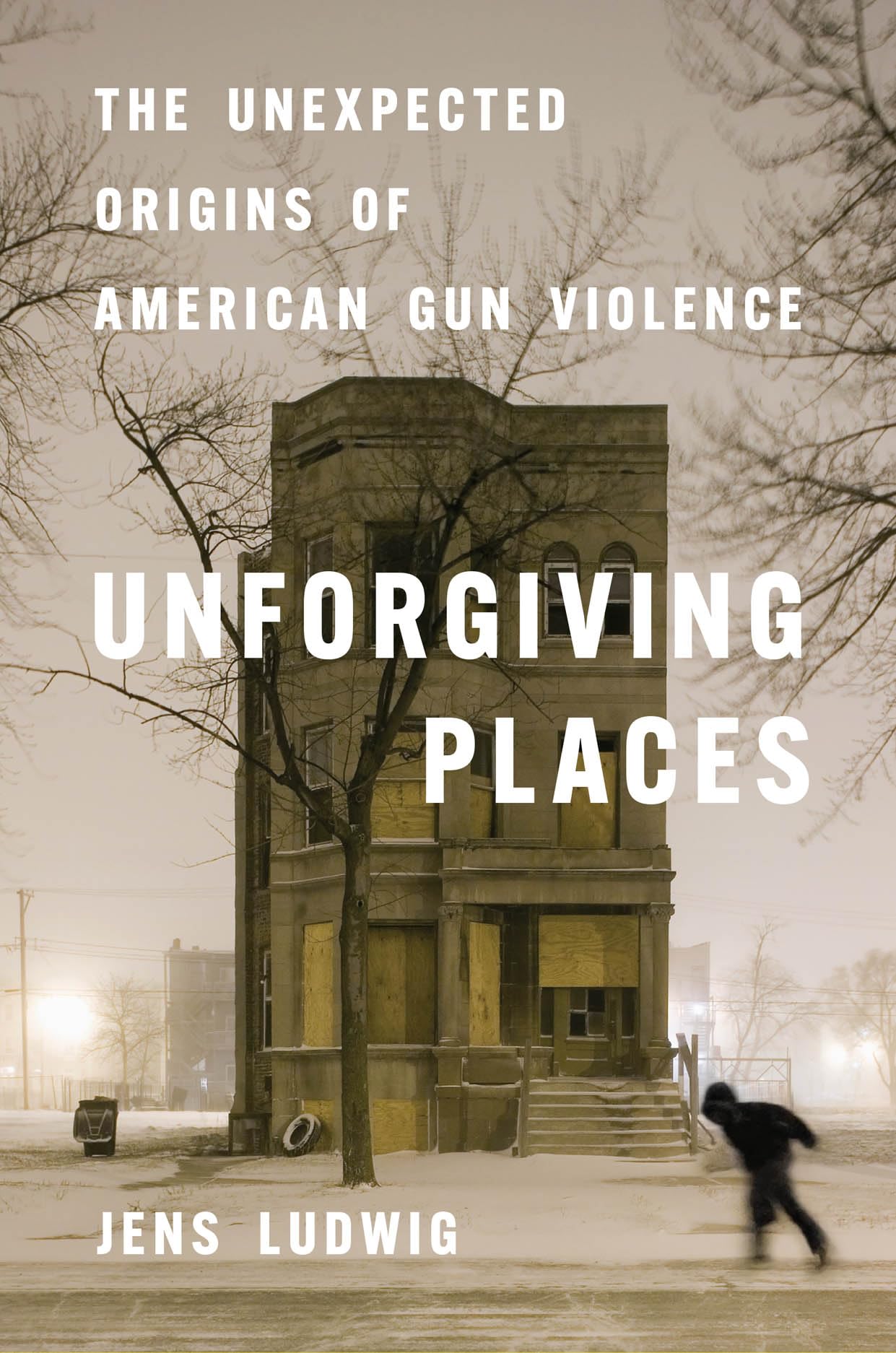
‘Unforgiving Places’ Provides a New Way to Think About Gun Violence
Rightly or wrongly, gun laws in America ain’t gonna change.
Whether legislating different would be effective is a question that this country will not answer.
So, Jens Ludwig provides a new way of thinking about violence involving firearms. In Unforgiving Places: The Unexpected Origins of American Gun Violence, the Pritzker Director of the University of Chicago’s Crime Lab suggests applying a behavioral economics lens to the discussion of violence
“Why have the policies of the past not had more impact?” Ludwig writes. “The answer is that explanations of gun violence as the result of either bad people or tragic circumstances are deeply incomplete.”
The professor uses two communities, Greater Grand Crossing and South Shore, in Chicago for discussion. The two neighborhoods are literally separated by a single street. They are governed by the same laws, patrolled by the same police department, adjudicated by the same court system. Their residents have the same racial composition and households in both areas bring about forty-five to fifty percent of the national average median income.
Yet, shooting victimization rates are about sixty percent higher in one neighborhood over the other.
Given the objective similarities of the communities, “the fact that Greater Grand Crossing has so much more gun violence than South Shore tells us there must be something else – not just evil people, not just social injustice—that drives violence,” Ludwig explains.
Most shootings in America are not carried out by a Joker or Penguin level genius mastermind. Nor are they a calculated decision made because the new district attorney isn’t going to prosecute anyone. Instead, Ludwig explains, most shootings are a momentary reaction, a tragic response to split second circumstances.
Unforgiving Places: The Unexpected Origins of Gun Violence by Jens Ludwig is a serious book. Written by a distinguished academic, published by the University Press of Chicago, this is not a hot take by a social media personality. It’s deeply researched and is not light reading for the beach. But is precisely the type of nuanced thinking that we should encourage. If you’re far right or far left politically, then you’re gonna hate this text because the mere mention of the topic sets you off in one direction or the other. But for the majority in the center, Ludwig’s book provides a unique perspective. It reads evenly and fairly without demonizing either side.
Plus, any academic text that quotes Ozzy Osbourne has gotta be a good addition to the library.
